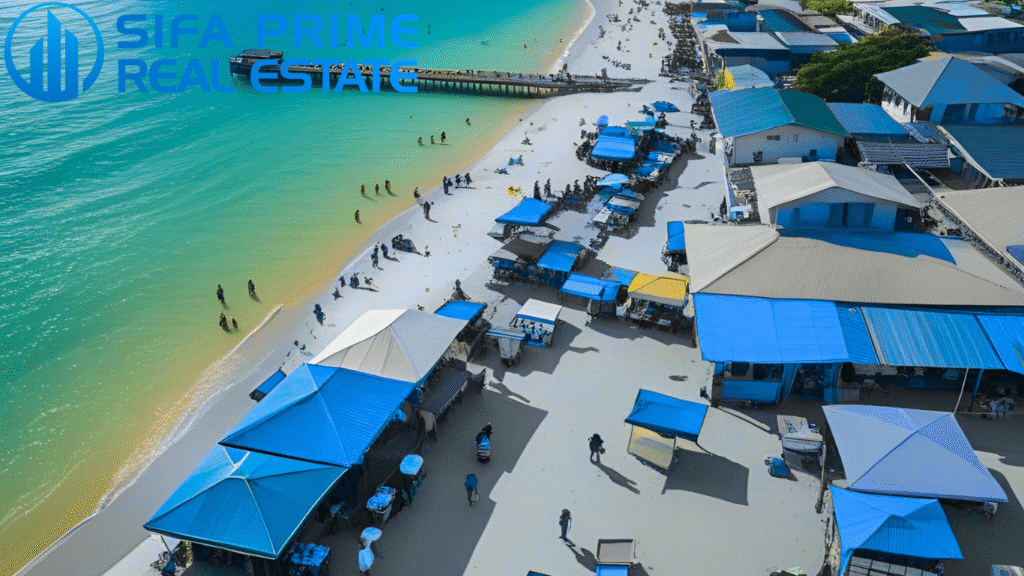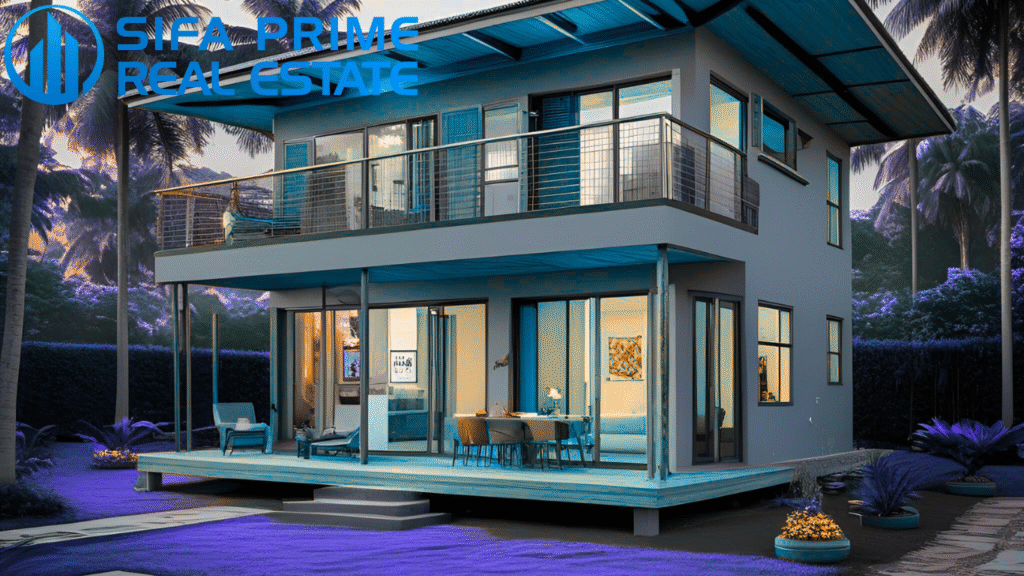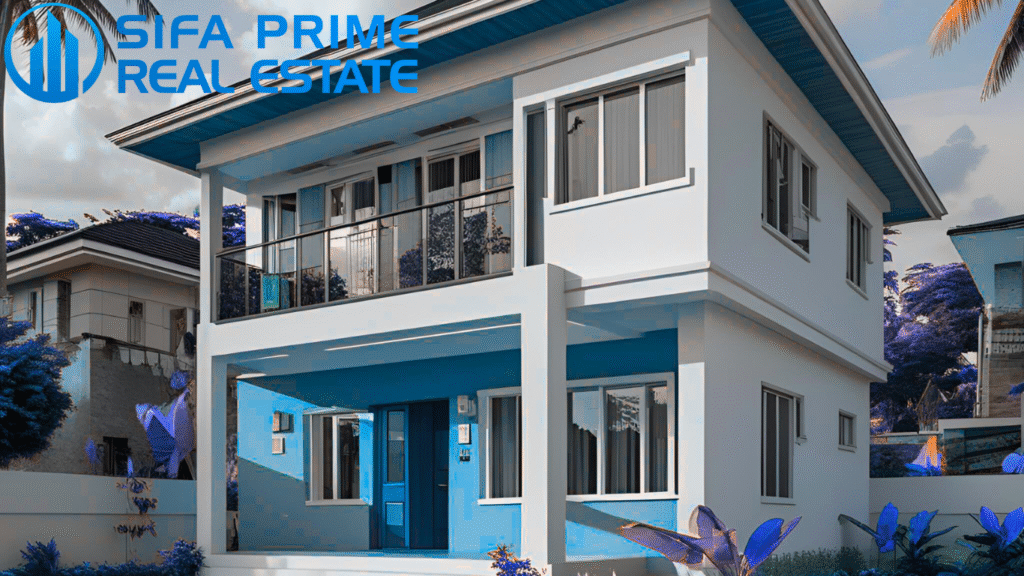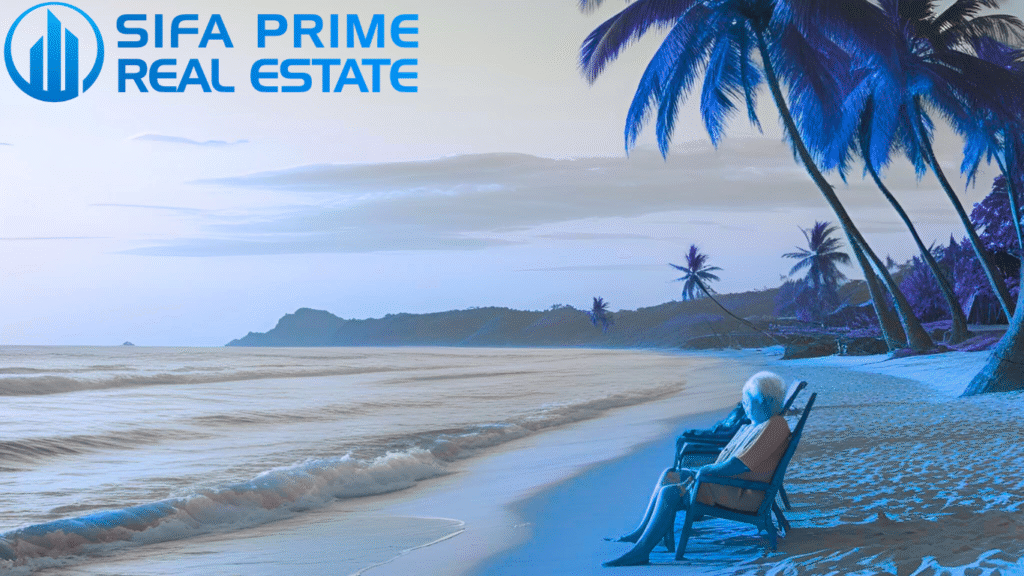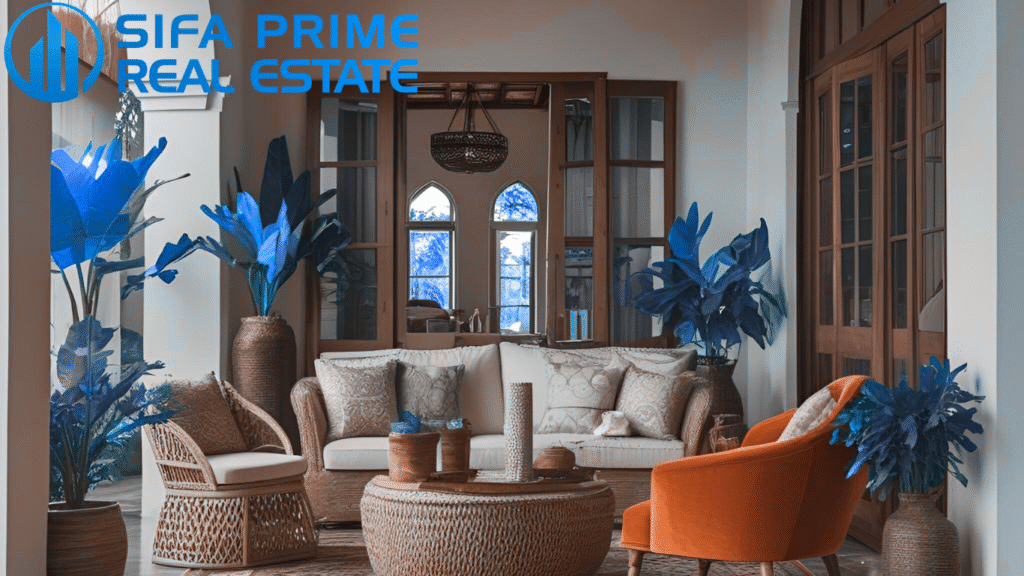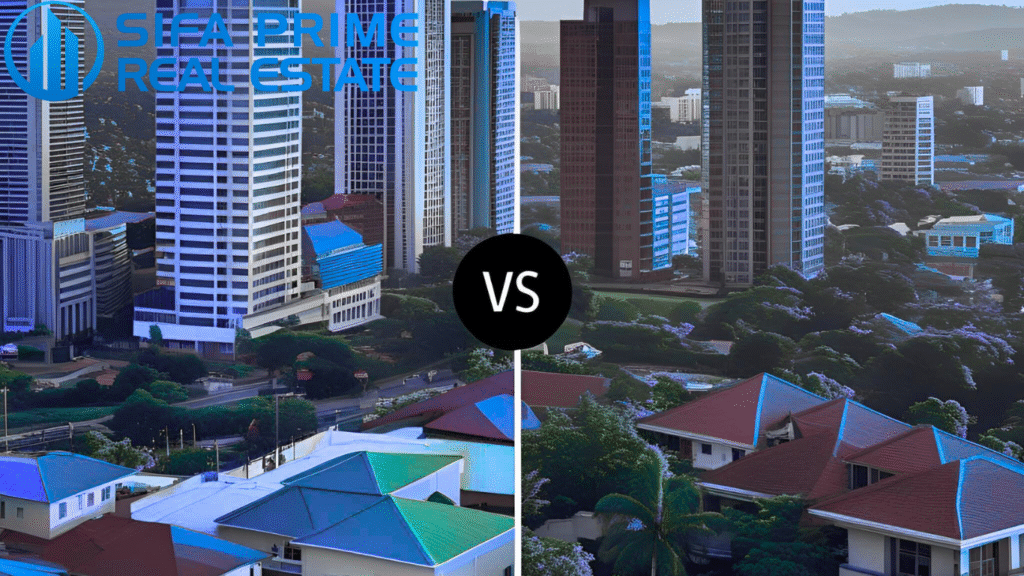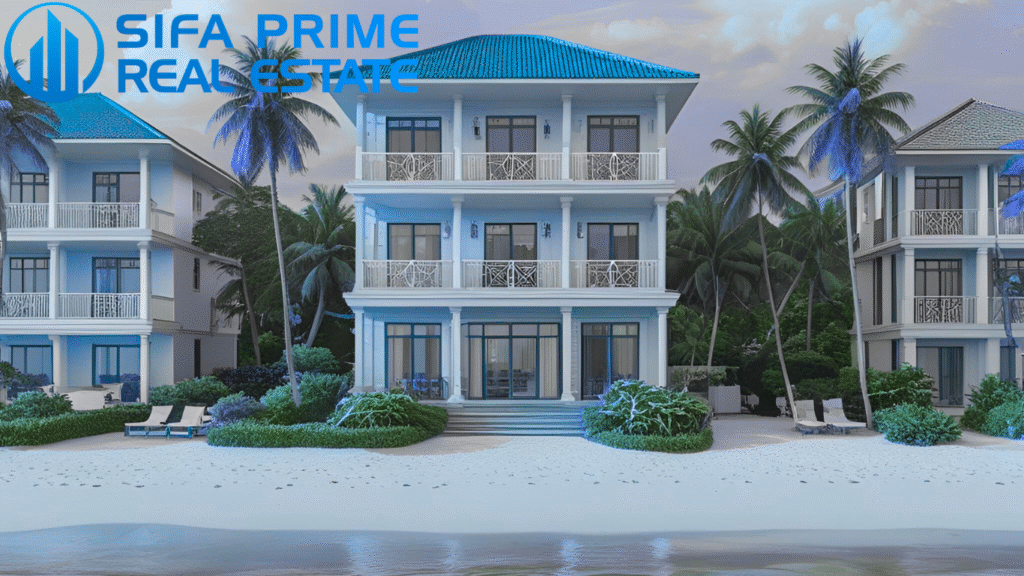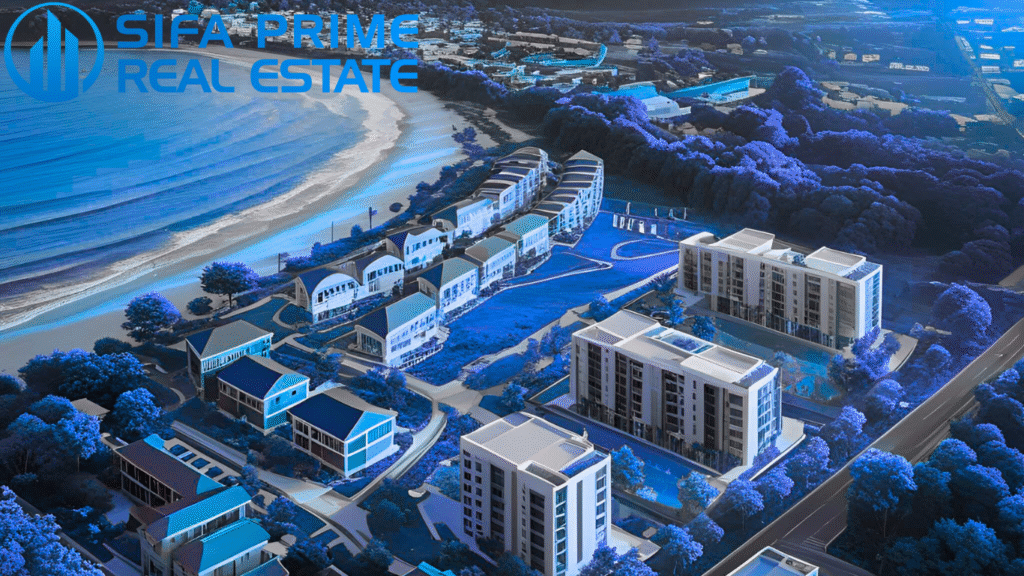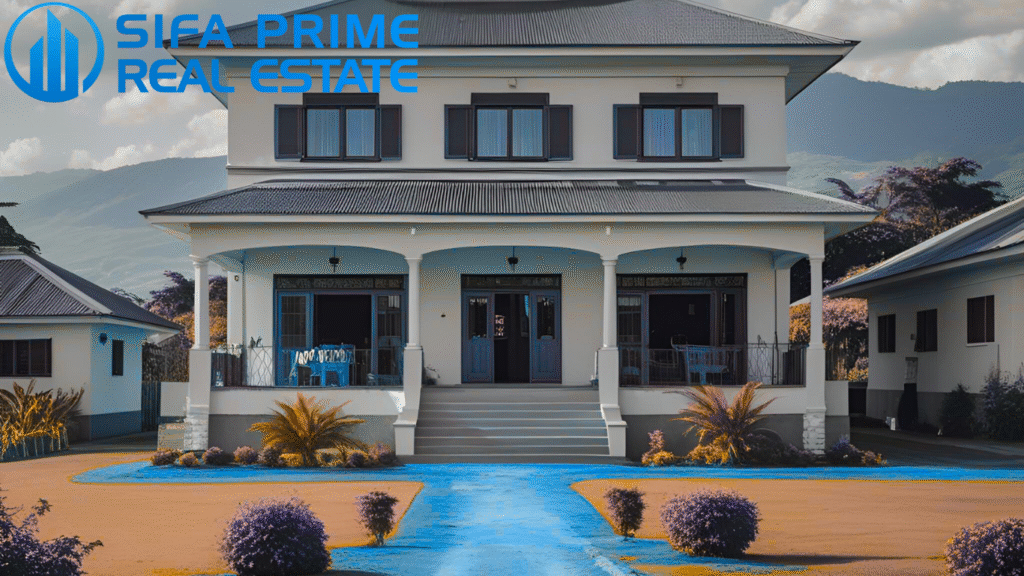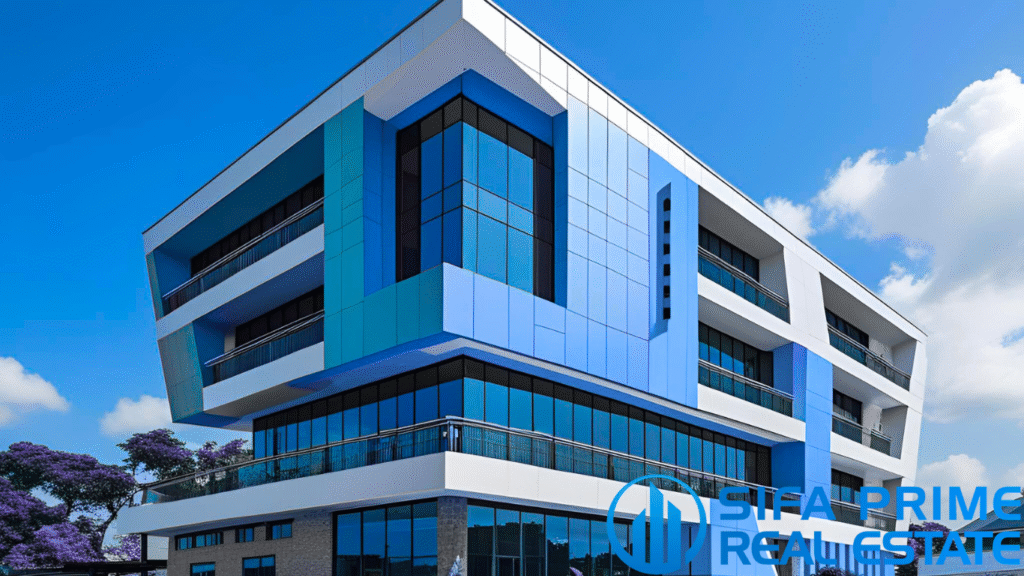Best Beach Towns in Ghana to Invest In
Ghana’s stunning coastline offers more than just breathtaking views; it presents a unique opportunity for property investors seeking high returns and lifestyle benefits. From vibrant fishing villages to emerging urban hubs, Ghana’s beach towns are gaining popularity for residential and commercial developments. With a growing middle class, stable economy, and rising demand for coastal living, these areas are becoming prime spots for real estate investment. Whether you are looking for a holiday home, rental property, or long-term investment, Ghana’s beach towns provide an attractive blend of natural beauty and economic potential. Real Estate Growth and Coastal Investment in Ghana Ghana’s real estate market has experienced steady growth in recent years, driven by urbanization, increased foreign interest, and government initiatives supporting property development. Coastal towns, in particular, have emerged as highly desirable investment locations due to their tourism appeal, relaxed lifestyle, and proximity to major cities like Accra and Takoradi. Investors are drawn to these areas for the potential to develop vacation rentals, resorts, and modern housing projects that cater to both locals and expatriates. As infrastructure continues to improve along the coast, the value of beachside properties is expected to rise significantly, offering strong returns on investment. Key Factors to Consider for Investing in Beach Towns Ghana When planning to invest in Ghana’s beach towns, several factors should guide your decision-making process. Access to essential amenities such as healthcare facilities, schools, and shopping centers can greatly influence property value and tenant appeal. Infrastructure quality, including road networks and reliable utilities, is critical for ensuring long-term growth. Investors should also assess security measures and the overall safety of the area to attract families and holidaymakers. Evaluating the potential return on investment (ROI) based on local demand and tourism activity is vital to ensure your property meets financial expectations. Choosing the right location and working with reputable developers are key steps to making a successful investment in Ghana’s coastal real estate market. Top Beach Towns in Ghana to Invest In Ghana’s coastline stretches over 500 kilometers, dotted with vibrant beach towns that offer exceptional opportunities for real estate investors. These coastal locations attract a mix of local and international buyers seeking beachfront homes, resorts, and rental properties. Each town has its unique appeal, from bustling urban beaches to tranquil, eco-friendly retreats. Investors can benefit from Ghana’s growing tourism sector and the increasing demand for seaside living, making these towns some of the best choices for property investment in West Africa. Accra Coastal Areas for Property Investment Accra, Ghana’s capital, is home to premium beachside neighborhoods that offer high-end investment opportunities. Areas like Labadi, Kokrobite, and Jamestown combine vibrant local culture with stunning ocean views. These neighborhoods are ideal for luxury apartments, hotels, and resorts catering to expatriates, tourists, and Ghana’s affluent middle class. The proximity to Kotoka International Airport and Accra’s business districts enhances their desirability for both short-term and long-term investments. Prampram Beach Town Investment Potential Prampram is an emerging coastal hub attracting attention for its affordability and growth potential. Located just an hour’s drive from Accra, it offers a peaceful beachside environment perfect for residential developments and vacation homes. Prampram’s expanding infrastructure and welcoming community make it particularly appealing for retirees and families seeking a serene lifestyle. Investors can also explore opportunities in eco-friendly resorts and gated communities as the town develops further. Takoradi Coastal Investment Opportunities Takoradi, part of Ghana’s oil-rich Western Region, combines urban growth with beautiful beaches, creating unique investment prospects. The city’s vibrant economy and port activities fuel demand for modern housing and hospitality projects. Beachfront properties in Takoradi are highly sought after for both residential and commercial use, offering promising returns as the area continues to expand as a business and leisure destination. Cape Coast Real Estate and Beachfront Investment Cape Coast stands out for its historical significance and breathtaking coastal scenery. Known for its colonial-era forts and rich cultural heritage, the city is a hotspot for tourism, making it ideal for boutique hotels, guesthouses, and tourism-related real estate ventures. Its scenic beaches also attract buyers looking to develop vacation homes and eco-lodges. For investors, Cape Coast blends culture and commerce into a compelling investment location. Ada Foah Beach Town for Investment in Ghana Ada Foah is renowned for its unique location where the Volta River meets the Atlantic Ocean, offering stunning natural beauty. The area is emerging as a prime location for eco-friendly resorts, luxury homes, and waterside recreational facilities. Investors interested in sustainable and resort-style developments will find Ada Foah particularly appealing, with opportunities to create properties that cater to eco-conscious tourists and affluent homeowners seeking a retreat from urban life. Benefits of Investing in Ghana’s Beach Towns Real Estate Investing in Ghana’s beach towns offers significant advantages for property buyers and developers. Coastal real estate in Ghana often delivers strong returns on investment due to high demand for vacation rentals and luxury homes. These areas also benefit from the growing tourism industry, with opportunities to develop resorts, hotels, and eco-friendly projects catering to both local and international visitors. Beyond financial returns, investors enjoy lifestyle perks such as serene ocean views, access to recreational activities, and the prestige of owning beachfront property. Long-term growth is fueled by urban expansion and increasing interest from expatriates seeking retirement homes along the coast. Challenges and Risks of Beach Town Property Investments in Ghana While beach towns present lucrative opportunities, investors should be aware of potential challenges. Environmental risks such as coastal erosion and flooding require careful site selection and sustainable construction practices. Legal issues, including verifying land titles and navigating ownership rights, are critical to avoid disputes, especially in areas with customary land ownership. Infrastructure limitations, such as access roads, water supply, and electricity in developing towns, can also affect project timelines and costs. Working with experienced local professionals can help mitigate these risks and ensure smoother investments. Legal and Financial Aspects for Investing in Ghana Beach Properties Understanding the legal and financial framework is essential for successful coastal property investments in Ghana. Foreigners can

